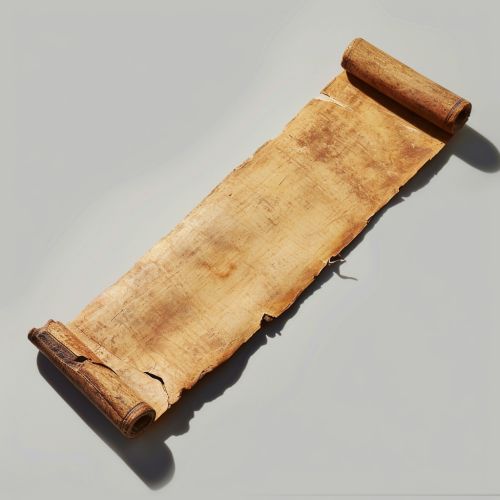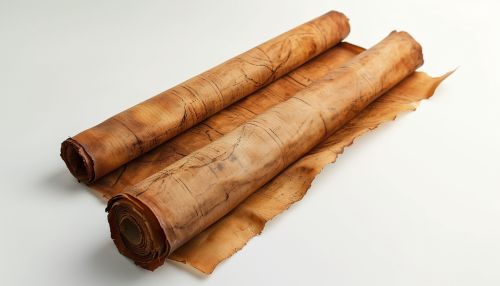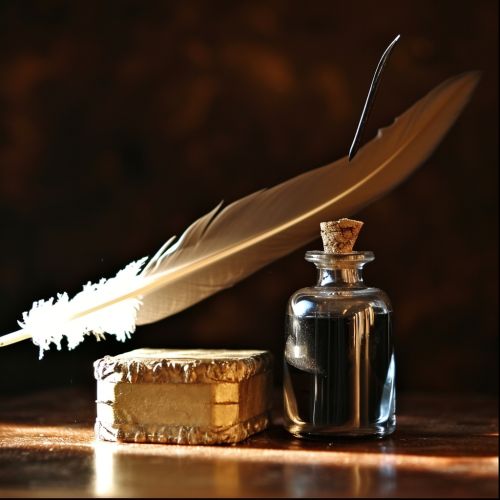Women Writers in History
Early Women Writers
The history of women writers is a rich and diverse one, with women making significant contributions to literature, philosophy, and science from the earliest times. The first known woman writer, Enheduanna of Sumer, was active in the 23rd century BC and her works are still studied today.


Women writers in the Ancient Greek and Roman periods include Sappho of Lesbos, known for her lyric poetry, and Hypatia of Alexandria, a philosopher, mathematician, and astronomer. These women often faced societal constraints and prejudice, but their works have survived and continue to be influential.
Medieval Period
During the Medieval period, women writers continued to make significant contributions, often within religious contexts. Hildegard von Bingen, a German Benedictine abbess, was a prolific writer, composer, philosopher, and visionary. Her works include theological, botanical, and medicinal texts, as well as letters, liturgical songs, and poems.
In the later Middle Ages, Julian of Norwich, an English anchoress, wrote "Revelations of Divine Love", which is considered the first book in the English language to be written by a woman.
Renaissance and Enlightenment
The Renaissance and Enlightenment periods saw an increase in the number of women writers and the scope of their works. Christine de Pizan is known as the first professional woman writer in Europe. Her works include poetry, novels, and a pioneering work on women's rights, "The Book of the City of Ladies".
During the Enlightenment, women writers such as Mary Wollstonecraft and Olympe de Gouges were instrumental in advocating for women's rights and equality. Wollstonecraft's "A Vindication of the Rights of Woman" is considered a foundational text in feminist philosophy.
19th Century
The 19th century saw a proliferation of women writers across a variety of genres. Jane Austen, Charlotte Bronte, Emily Bronte, and George Eliot made significant contributions to the novel form, while poets such as Elizabeth Barrett Browning and Emily Dickinson are still widely read and studied today.

In the United States, women writers such as Harriet Beecher Stowe and Louisa May Alcott were influential in shaping the nation's literature and culture. Stowe's "Uncle Tom's Cabin" played a significant role in the abolitionist movement, while Alcott's "Little Women" remains a beloved classic.
20th Century and Beyond
The 20th century and beyond have seen an explosion of women writers across all genres and mediums. Modernist writers such as Virginia Woolf and Gertrude Stein pushed the boundaries of form and content, while writers such as Toni Morrison, Alice Walker, and Margaret Atwood have continued to explore themes of gender, race, and identity in their works.
In the realm of science fiction and fantasy, women writers such as Ursula K. Le Guin, Octavia Butler, and J.K. Rowling have made significant contributions, while in the field of poetry, writers such as Sylvia Plath, Maya Angelou, and Carol Ann Duffy have left indelible marks.
